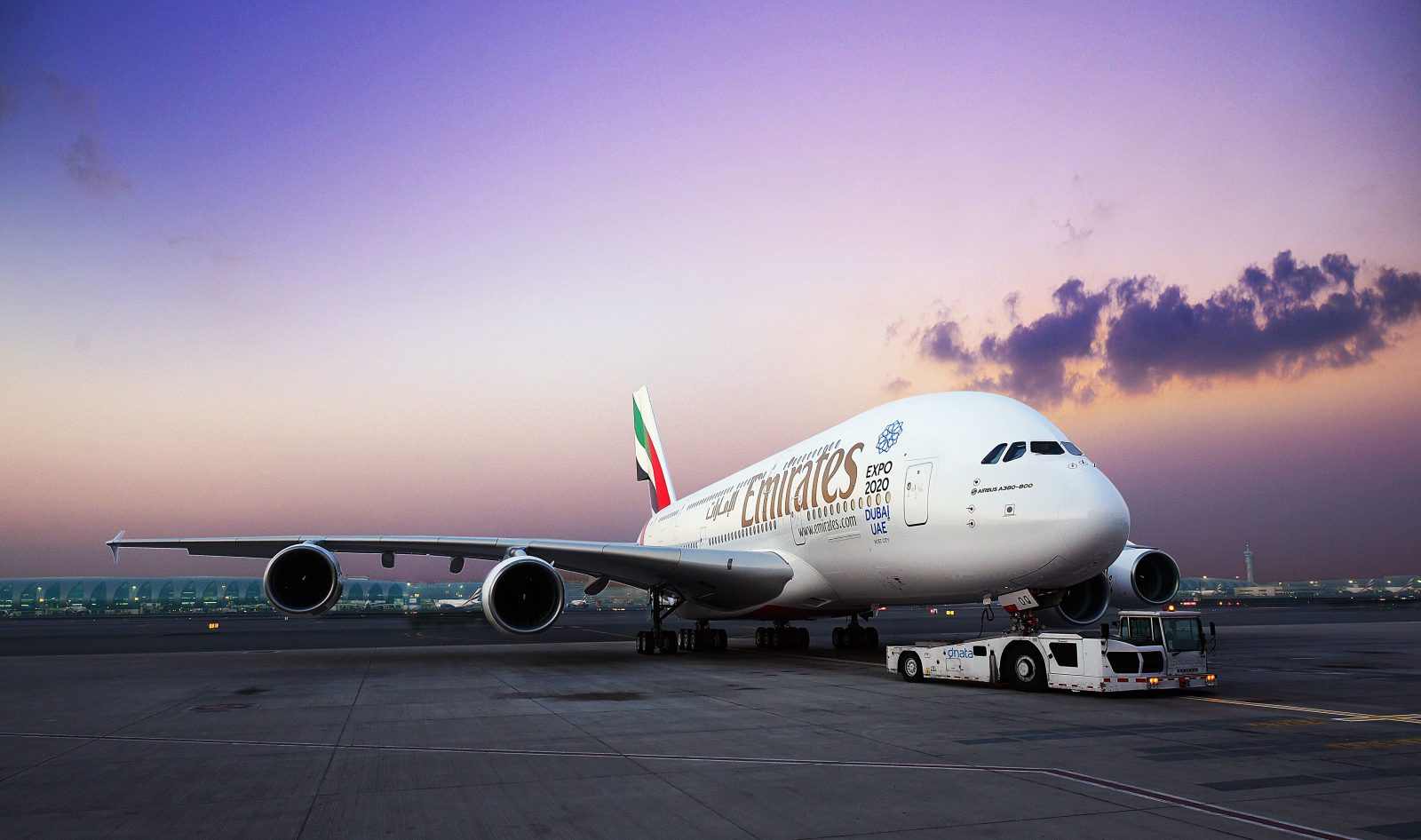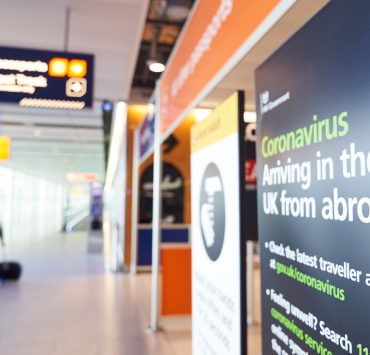Emirates posted its first half-year loss for over 30-years on Thursday, saying the airline had lost $3.4 billion between April and September 2020 on the back of virus woes. The financial period started just days after authorities in the United Arab Emirates (UAE) ordered airlines to ground their aircraft and closed borders in an attempt to limit the spread of the novel Coronavirus.
Highlights from today’s financial results include:
- Emirates carried just 1.5 million passengers between April 1 and September 30
- Operating income fell 75 per cent compared to a 52 per cent reduction in costs
- Capacity fell by 67 per cent and passenger traffic measured in revenue passenger kilometres (RPK) was down 96 per cent
- Passenger load factor (a measure of how many seats on any given flight are occupied) was just 38.6 per cent for the period
In contrast, Emirates posted a $235 million profit for the same period last year, with passenger load factor topping 81 per cent.
On Thursday, the Emirates Group also admitted that it had shrunk its workforce by nearly a quarter since the start of the pandemic, with around 24,300 employees laid-off as a result of the Corona crisis. The total employee count now stands at 81,334 as of September 30, although there are fears more redundancies may follow in the coming months.
The Emirates Group, which includes grounding handling service company Dnata and a number of other companies, recorded a total loss of $3.8 billion for the period, meaning the bulk of the losses came from the airline business.
“As passenger traffic disappeared, Emirates and dnata have been able to rapidly pivot to serve cargo demand and other pockets of opportunity. This has helped us recover our revenues from zero to 26% of our position same time last year,” commented Emirates’ chairperson and chief executive Sheikh Ahmed bin Saeed Al Maktoum.
“We have been able to tap on our own strong cash reserves, and through our shareholder and the broader financial community, we continue to ensure we have access to sufficient funding to sustain the business and see us through this challenging period,” he continued.
Sheikh Ahmed confirmed that the government of Dubai has so far pumped $2 billion into the business “by way of an equity investment”.
Because Emirates has never participated in fuel hedging, the airline was helped out by a massive drop in fuel prices, while strong demand for air cargo has helped to offset some of the losses. Despite retrofitting some Boeing 777-300 passenger aircraft for cargo-only operations, the airline was still only able to offer 65 per cent of cargo volumes compared to the same period last year.
“No one can predict the future, but we expect a steep recovery in travel demand once a COVID-19 vaccine is available,” Sheikh Ahmed commented.
Mateusz Maszczynski honed his skills as an international flight attendant at the most prominent airline in the Middle East and has been flying throughout the COVID-19 pandemic for a well-known European airline. Matt is passionate about the aviation industry and has become an expert in passenger experience and human-centric stories. Always keeping an ear close to the ground, Matt's industry insights, analysis and news coverage is frequently relied upon by some of the biggest names in journalism.










